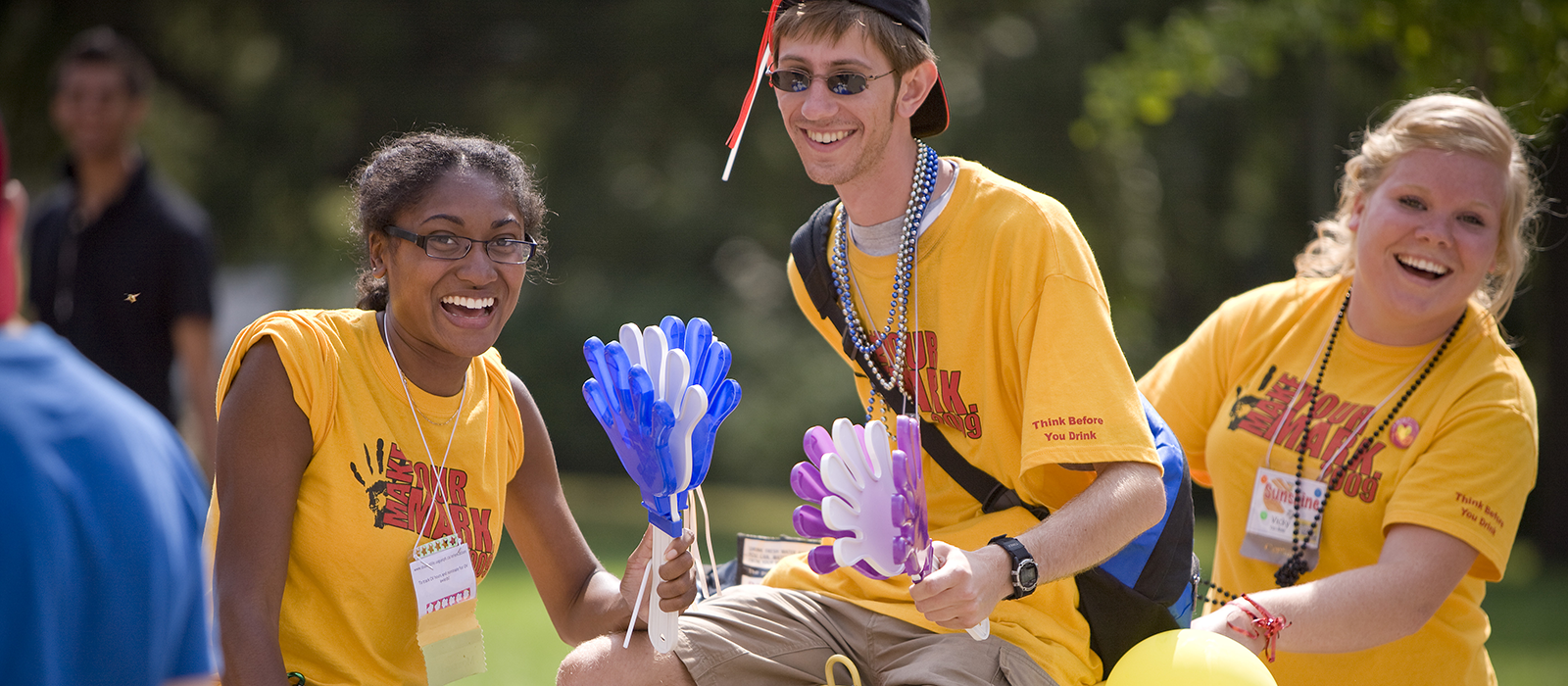National Volunteer Week: Serving our communities


Volunteering involves putting empathy into action and helps build happier and healthier communities. This National Volunteer Week, we’re highlighting some of the programs and people making a difference in their university communities and beyond.
Civil engineering student, Kaila Spencer, at The University of British Columbia, volunteers her time to increase diversity and inclusion in engineering. She spends time speaking with middle- and high-school female students to encourage them to pursue engineering and looks forward to a more inclusive future in the field.
At Mount Saint Vincent University in Halifax, Nova Scotia, nutrition and dietetics students can apply their knowledge to help with community health. One such volunteer opportunity includes the Breakfast and Beyond Program, which brings food knowledge to elementary and secondary school students, their families and communities within the province.
The University of Ottawa offers students the chance to participate in volunteer work as a credited part of learning for a course. Known as the Community Service Learning program, those who participate gain transferable skills and real-world experience while also making a difference in the community.
Quiet-natured history student, Roslin Sinclair, found her volunteer experience with the Shepherds of Good Hope helped her become more comfortable talking to people, while others, such as Rougui Bah and Erin Woods, found that their experience guided them in their careers.
At Acadia University, student volunteers founded the charity organization Axes in Action in 2014 to support causes close to home and allow students to make a real impact on their community. Proceeds support the S.M.I.L.E. program, which provides persons with disabilities tailored physical activity to improve their development. It also supports L’ARCHE Homefires, which serve people with disabilities, and the Acadia Food Cupboard.
Doctoral student, Mélanie Le Berre, at the Université du Québec à Montréal, saw her research project on the aging population come to a sudden stop in March 2020 due to the COVID-19 pandemic. With her work and financial support paused, Mélanie discovered FEEDback, a community organization working to prevent food waste. She quickly joined in to help the organization source unsold food from vendors and redistributes it to those most vulnerable in the community. Since returning to her studies in September 2020, she has continued her work with the organization, which is evolving to become more automated and further empower the communities it serves.